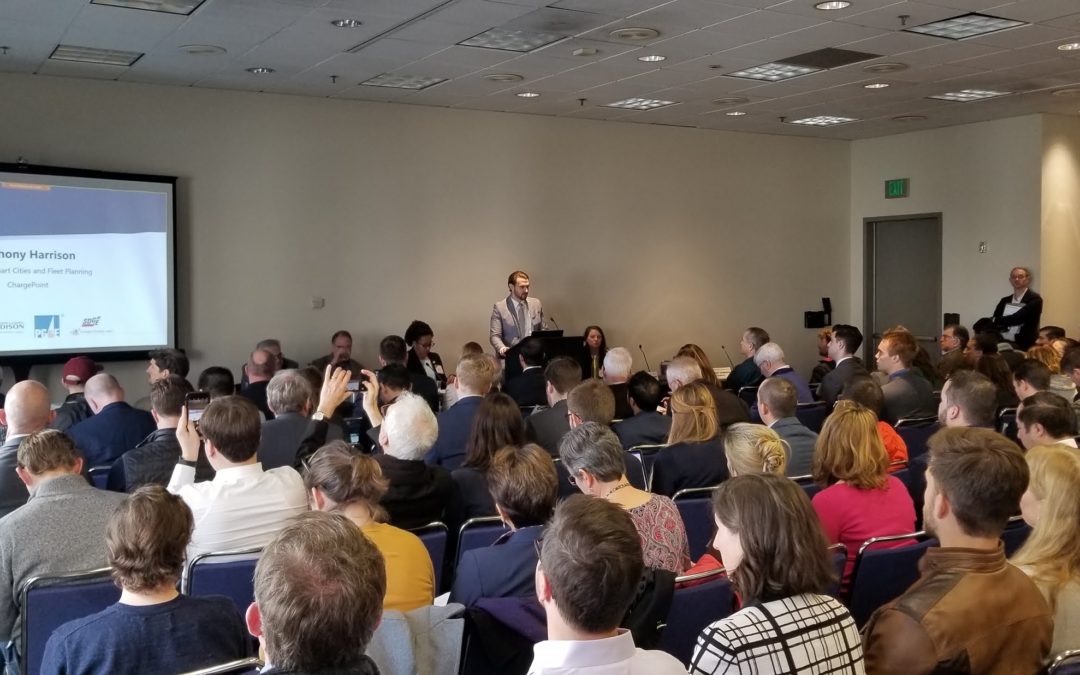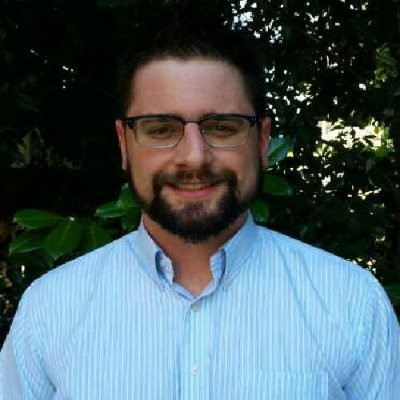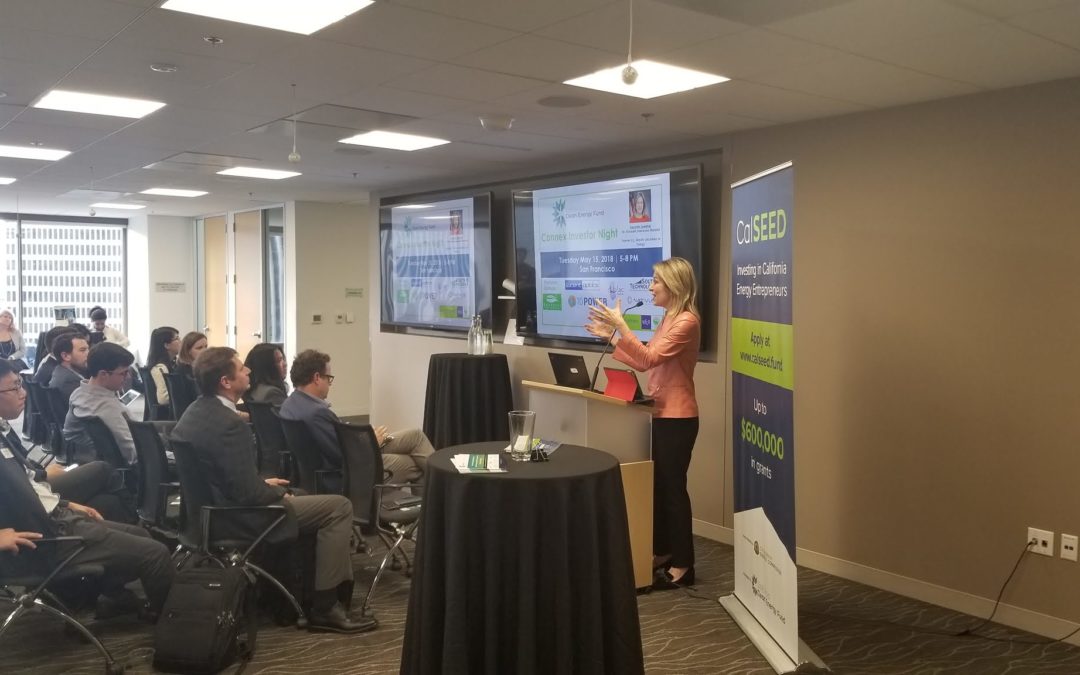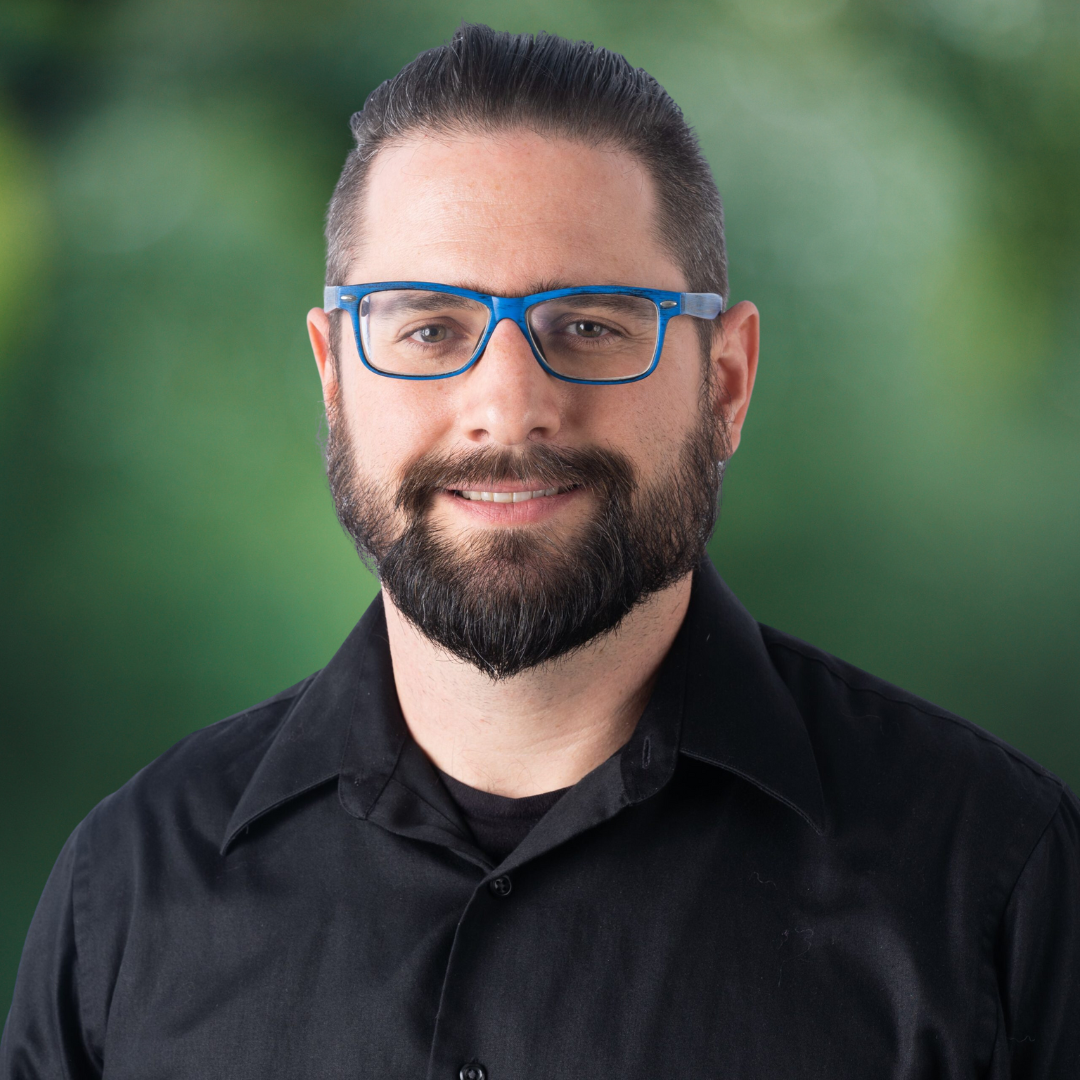


EPIC Symposium Highlights Directions for Future Contract Funding from CEC
On Tuesday Feb. 19, the California Energy Commission held its annual showcase for the technologies and studies it has funded under its Electric Program Investment Charge (EPIC). EPIC raises about $160 million in funding each year and the CEC uses it to fund early startups (CalSEED), emerging technologies and creative solutions, as well as fostering energy entrepreneurs through business accelerator programs, the most well-known of which is the CleanTech Open – West. The Symposium featured 15 panel sessions with 60 or so speakers and 35 exhibits from teams funded by EPIC.
Because many of the sessions were running concurrently, we couldn’t get to all of them, but here are some of the most interesting ideas we heard that may drive future EPIC funding solicitations and create business opportunities for you.
- Broadening storage technologies beyond lithium ion batteries. The recurrence of fires at large-scale lithium ion battery installations is raising concerns whether these are safe enough. This concern is driving a look into other solutions–vanadium flow batteries, zinc-water batteries, high temp sulfur batteries, concentrated solar thermal integrated with thermal storage. But there are more options that were not discussed–kinetic energy storage systems (flywheels), other battery chemistries–that keep the door open for more creativity in this area. One speaker offered the view that we may be just at the edge of a big price drop in storage technology driven by technology maturity and volume production, similar to what happened in solar PV, which may result in a lot more interest in storage of all types.
- Non-battery solutions for matching renewables to demand. The traditional approach to this problem has been to match supply to a variable demand, and emphasizes storage. But what if one could turn this on its head and match demand to a variable supply through sophisticated demand management. One speaker put it this way: “The smarter the grid, the less storage required”. Adding millions of points of control and a very smart management apps might do this. But how much control would users be willing to surrender? How invisible could someone make it? Is there a way to simplify this approach?
- Getting more from managing the charging of electric vehicles. There must be at least three dozen entrepreneurs chasing this idea nationwide, most of which seem to be in California. It could have larger implications for controlling load to avoid the need for storage, as noted above. How much infrastructure could be avoided if charging were better managed? As the number of electric vehicles become dominant in California, how can complications of congestion at popular charging locations be dealt with? How can we move consumers from the mindset of “filling a tank” for a week of driving to just charging for what they immediately need? Can smaller cheaper level 2 chargers meet demand? While there are many teams chasing this problem, there still seems room for more.
- Making the energy revolution benefit underserved communities. This topic has been receiving growing attention over the last two decades. . It seems to be as much about mobilizing underserved communities as it is about new technology. When asked projects and grant recipients acknowledged they struggled to connect with underserved groups. Promoting equitable growth was stressed in most if not all talks. If you are looking for a demo project, the CEC is launching a tool to help you find an underserved community in which to put it and put some money behind it. They are also soliciting feedback from groups. Do you have a demo that can benefit community groups or are you a community group that has a clean tech need?
- All of the solutions have a similar issue with adoption is they require behavior change. While we are used to energy on demand, it is not the most efficient or cost effective model. Incorporating AI that engages consumers to accommodate for future demand was identified as important for Electric Vehicle charging and Vehicle to Grid incorporation, grid management of all sizes, storage use, and building efficiency. How do we accelerate adoption faster and overcome human behavior? Do we use a stick and carrot approach, hand over energy control to AI, or something else?
The CEC will be issuing new solicitations from the EPIC funding and other money it receives to advance clean fuels and alternative transportation. If you want to get timely alerts, be sure to add your name to their notification list.

ABOUT THE AUTHOR
Gary Simon is the Chair of CleanStarts Board. A seasoned energy executive and entrepreneur with 45 years of experience in business, government, and non-profits.

Thomas is the Executive Director of CleanStart. Thomas has a strong background in supporting small businesses, leadership, financial management and is proficient in working with nonprofits. He has a BS in Finance and a BA in Economics from California State University, Chico. Thomas has a passion for sustainability and a commitment to supporting non-profits in the region.

Get Ready For CalSEED
Want some seed to prove out your idea? Well, CalSEED is back with their annual grant program to get ideas of the ground. Grants are a good source of such money because you surrender no ownership and you don’t need to pay the money back. CalSEED is focused on clean energy startups and is the easiest grant you could apply for. It is open for you to apply on March 1st. But hurry, applications close on March 11th.
CalSEED is a CEC-funded program run by the California CleanEnergy Fund (CalCEF) to help entrepreneurs with budding ideas get their seed money. The first round of the Grant is for 150K. Winners of the initial grant funds are then entered into a special CleanTech Open business plan competition for CalSEED, where they will receive mentoring and support in building a business. Winners of the CTO competition could receive an additional $600K in grant funding.
Past winners from Sacramento are Enerdapt and Lucent Optics.
It is important you are ready with your idea. Check it out
ABOUT THE AUTHOR
Thomas is the Executive Director of CleanStart. Thomas has a strong background in supporting small businesses, leadership, financial management and is proficient in working with nonprofits. He has a BS in Finance and a BA in Economics from California State University, Chico. Thomas has a passion for sustainability and a commitment to supporting non-profits in the region.
Sponsors




Weintraub | Tobin, Revrnt, Moss Adams, PowerSoft.biz, Greenberg Traurig

Enerdapt and Lucent Optics Get Statewide Attention via CalSEED
On October 16, 23 teams were selected from around the state to compete for four $450,000 Phase 2 grants from CalSEED (the California Sustainable Energy Entrepreneur Development initiative), funded by the Energy Commission. All 23 had received a $150,000 Phase 1 grant, and Enerdapt (Zach Denning) and Lucent Optics (Sergey Vasylyev) were among them. It’s a real pat on the back even to have gotten this far, and we hope they will advance to the next round. All 23 presented to teams of judges who ranked them and selected winners in four categories. Gary Simon of CleanStart was one of the judges in the Energy Storage & Grid Edge category. Enerdapt and Lucent were in other categories. Winners are to be announced before the end of the month.
This is a great path to raise the funds to advance a cleantech concept beyond the idea stage, getting closer to the point where venture capital would be interested. Since they are grants, not investments, they do not dilute owners equity. There will be a new set of Phase 1 companies selected in 2019 with applications due around March, so consider applying if you are in this early stage. CalSEED draws on a $24 million funding commitment over five years with a goal to advance 100 teams. In addition, CalSEED opens a door to the California Clean Energy Fund that has invested in over 40 companies and leveraged $1.5 billion in investment, and to a robust network of venture investors interested in clean energy.
CalSEED also has good connections to the CleanTech Open, where substantial prize money is available to winners in multiple categories. That process is just wrapping up for this year and winners will be announced soon as well. Local company CarbonBLU is in contention there. New applications will be due in the Spring.

ABOUT THE AUTHOR
Gary Simon is the Chair of CleanStarts Board. A seasoned energy executive and entrepreneur with 45 years of experience in business, government, and non-profits.

CalSEED offers up to $600,000 to early stage startups!
Here’s a funding source for early stage startups that provides some great opportunities. The California Clean Energy Fund (CalCEF) will begin accepting applications for the California Sustainable Energy Entrepreneur Development (CalSEED) program this week. CalSEED offers upto $600,000 in funding for high potential entrepreneurs who are passionate about clean tech and working on very early stage new energy ideas. This is part of a $1.6 Million dollar grant through CalCEF and the CEC. Innovations from CalSEED grants, including hardware, materials science, software-based applications and design solutions, will propel California leadership in building a clean energy future.
Last year Sacramento based Start up Lucent Optics was selected as a winner and presented at the EPIC forum last week. They are using the grant to fund development of their light diffuser. Check out Epic Symposium Recap.
CalSEED is one of several initiatives funded by the California Energy Commission to advance energy innovation. With the VC model for clean tech broken public sector investment is one of the best was to stimulate the cleantech economy. Don’t miss tomorrow’s CalSEED event on the 28th floor of 801 K Street, being put on by CleanStart Partners The Grant Farm and BlueTech Valley.
ABOUT THE AUTHOR
Thomas is the Executive Director of CleanStart. Thomas has a strong background in supporting small businesses, leadership, financial management and is proficient in working with nonprofits. He has a BS in Finance and a BA in Economics from California State University, Chico. Thomas has a passion for sustainability and a commitment to supporting non-profits in the region.
Sponsors




Weintraub | Tobin, Revrnt, Moss Adams, PowerSoft.biz, Greenberg Traurig

